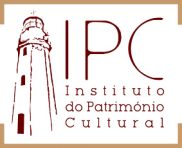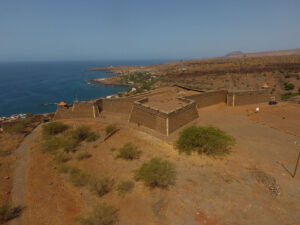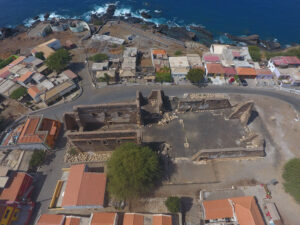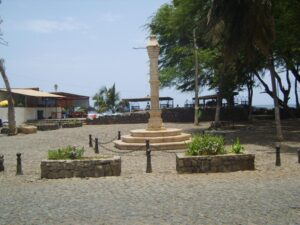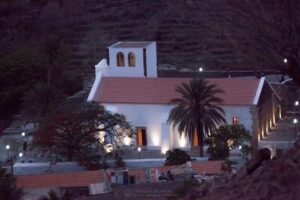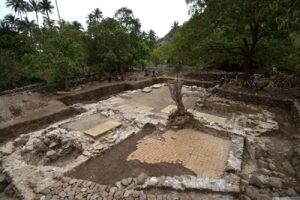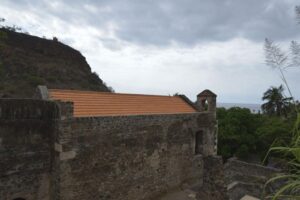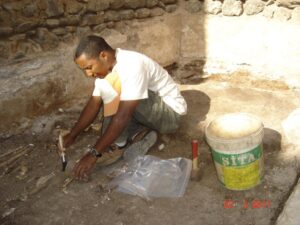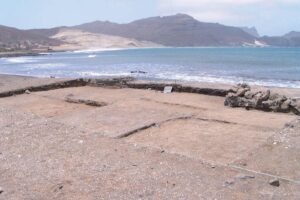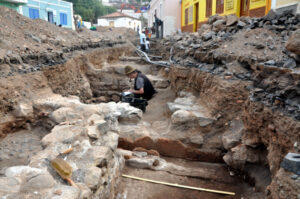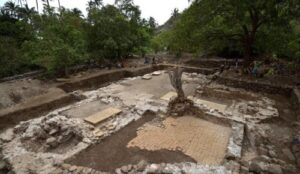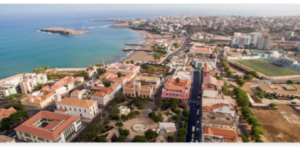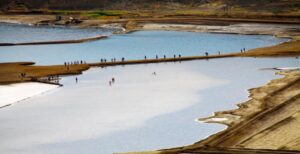Cabo Verdean legislation, Law No. 102/III/90, revoked by Law No. 85/IX/2020 of 20 April, classifies archaeological properties, whether immovable or movable, land or underwater, as national heritage.
The same law defines archaeological work as "all research aimed at discovering archaeological properties, in the event that this research involves excavation of the soil or systematic exploration of its surface, as well as in the event that it is carried out on the bed or subsoil of inland or territorial waters.
ler maisA lei do património nacional classifica todos os achados e despojos históricos recolhidos dentro da área de jurisdição de Cabo Verde, como propriedades do Estado, cabendo a este “preservar, defender e valorizar o património cultural do povo cabo-verdiano, incumbindo-lhe criar e promover as condições necessárias para o efeito”
At international level, the preservation and enhancement of archaeological heritage is coordinated by the International Council on Monuments and Sites (ICOMOS) through the Charter on the Protection and Management of Archaeological Heritage of 1990.
According to ICOMOS The "archaeological heritage is that part of the archaeological material from which archaeological methods provide primary information. It comprises all traces of human existence and consists of sites relating to all manifestations of human activity, abandoned structures, and remains of all kinds (including underground and underwater sites), as well as all transportable cultural materials associated with them."
ler menos